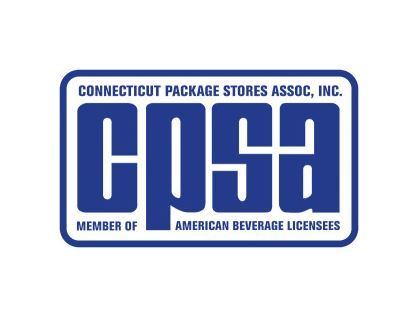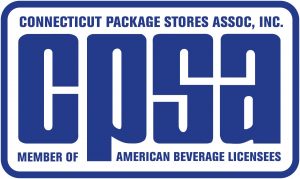

Sean Hughes, Account Director, Connecticut Package Stores Association.
By Sean Hughes, Connecticut Package Stores Association
The impact of the improper disposal of alcohol miniature bottles, also known as “nips,” by those who consume them has been on the minds of lawmakers for quite some time. Though nips are small containers, most being 50 milliliters in capacity, they present a big problem in Connecticut towns due to the way many who imbibe choose to litter them rather than place them in the trash.
Often at the State Capitol, legislators are bombarded by constituents and town leaders alike asking them to do something about the litter. In past legislative sessions, there have been bills proposed to ban the sale of nips in the state or to place a 10-cent deposit on nips to be redeemed at package stores. Both of those bills have been opposed by the Connecticut Package Stores Association in the past, neither of which were approved by the legislature.
Senate Bill 1037, which was passed in 2021, expanded Connecticut’s “bottle bill” to include more items, increased the redemption fee and implemented a 5-cent fee on nips at the point of sale. This fee was essentially a tax on the containers that would be returned to the town in which they were sold to fund programs to clean up litter, including nip bottles.
According to Larry Cafero Jr., Executive Director of and legal counsel for the Wine & Spirits Wholesalers of Connecticut, in the first full year that the program has been collecting money, roughly $4 million has been collected and distributed to municipalities for the cleanup of nips and litter. Some municipalities that sell a higher volume of nips have received substantial amounts of money. Bridgeport earned $135,000 from nip sales, while smaller towns in the quiet northwest corner of the state like Cornwall only received around $900.

Despite the successful outcome of this program, some legislators and town leaders still believe that the only way to address the issue of nip litter is to ban the sale of nips in their towns or statewide. There are municipalities in Massachusetts that have banned the sale of nips. Recently, a city councilor in Boston proposed banning the sale of 50- to 100-ml liquor bottles from being sold in the city. Councilor Ricardo Arroyo is proposing the ban to address the litter but has also been informed by parents that they are being used by underage drinkers because they are easy to conceal.
These concerns have long been familiar to everyone in the liquor industry, but there seems to be more momentum than ever for their ban from being sold at package stores at the municipal level. According to the Connecticut General Statutes, citizens can collect signatures to petition to become a “dry” town, where no alcohol can be sold; however, they cannot vote to ban a specific class of alcoholic liquor.
The only way that nips could be banned is through legislation by elected state lawmakers, which would result in a statewide ban. There have been advocacy groups that have attempted to pass legislation that would ban nips statewide or have them placed in the state’s bottle bill program to be redeemed at package stores. Any attempts to do this at the state legislature have failed to gain support from lawmakers.
In this battle against the unfortunate behavior of a small portion of those who consume liquor in the state, it is the hope of the industry that the funds collected by municipalities will be used as intended in statute: to create litter prevention and cleanup programs for their residents. However, the push for a quick solution persists and only time will tell the fate of these tiny bottles in Connecticut and across the United States.



